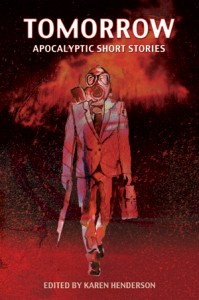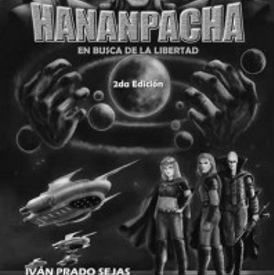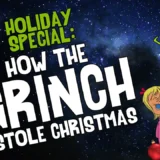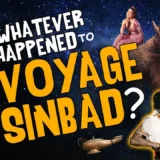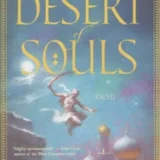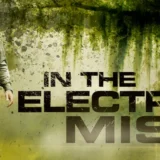
OBIR: Occasional Biased and Ignorant Reviews reflecting this reader’s opinion
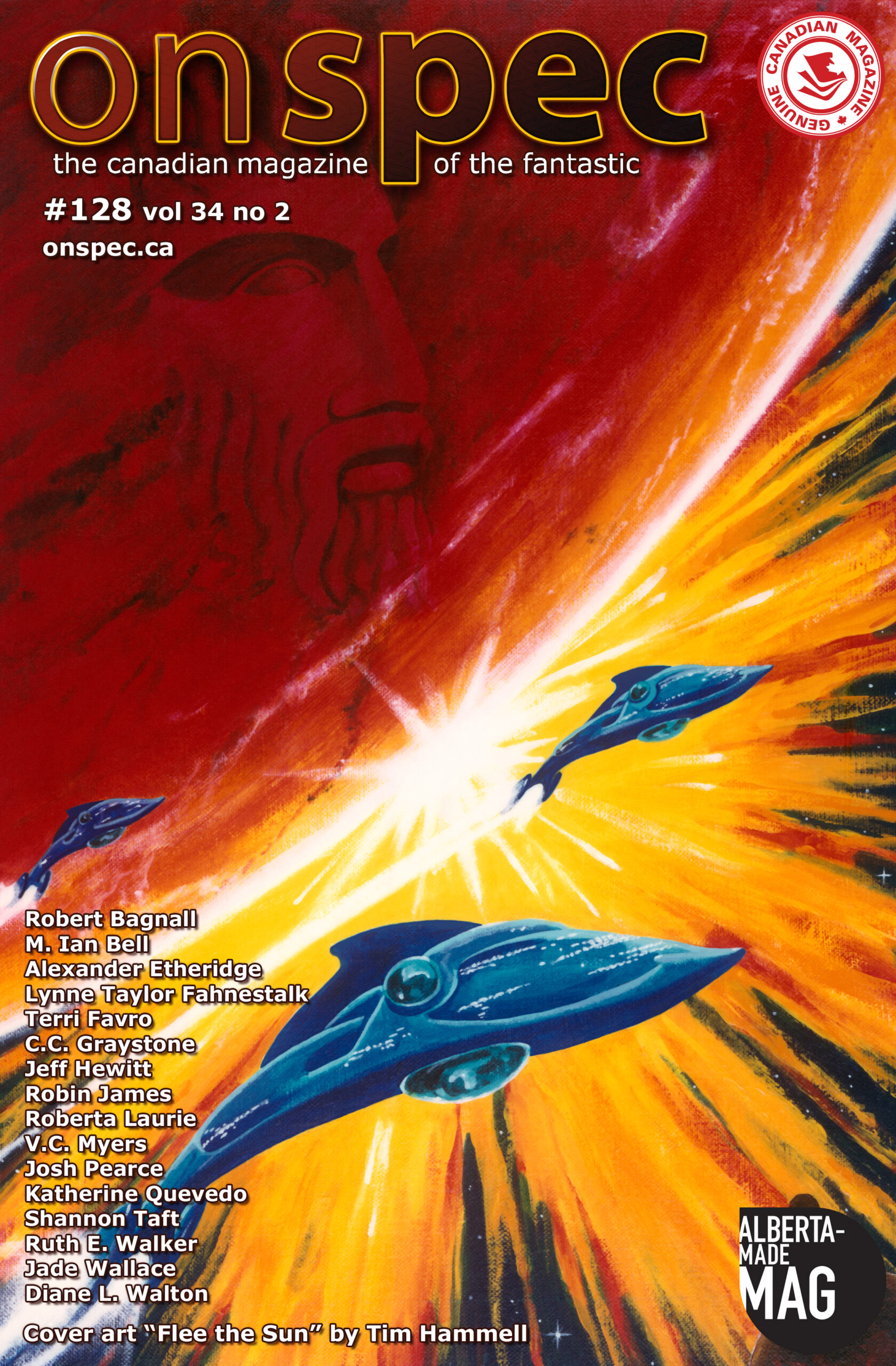
ON SPEC MAGAZINE issue #128, Vol. 34. #2.
Publisher: The Copper Pig Writer’s Society. Managing Editor and Art Director: Diane L. Walton.
Issue Designer: Jerry LePage. Poetry Editors: Celine Low & Colleen Anderson.
Fiction Editors: Barb Galler-Smith, Virginia O’Dine, Constantine Kaoukakis, Susan MacGregor, Ann Marston, Krystle McGraith, A.J. Wells, Diane L. Walton, Dan Gyoba, Ethan Zou, Alyssa Kulchisky, Celine Low, Lareina Abbott, Cheryl Merkel, Jade Mah-Vierling, Asley Alton, Jessica Zdril, & Thomas Schwarz.
Cover Art: Flee the Sun – by Tim Hammel
FICTION:
When It Comes to the Dog – by M. Ian Bell
Premise:
A barking dog is a barking nuisance.
Review:
At first I thought this was a parody of a certain well-known cult that steals people’s pets in order to kill them and thus purify the “natural” world of animals that have evolved in partnership with humanity. But no, as usual, my initial impression turned out to be false.
Fact is this vision of a near-future world is just like ours, albeit a little more rundown and a lot bleaker. But some things remain the same. The young woman protagonist is a petty thief who finds stealing for a living more challenging and self-affirming than being a wage slave in a dull, boring job. Either way she’d be poor, but at least this way she occasionally feels a sense of accomplishment. True, those into anthropormorphism object to her stealing their most sentimental possessions, but in a world full of despair and false emotion, what does it matter? She’s a survivor.
Then again, maybe not. A neighbour’s dog which endlessly barks in the absence of its owner is threatening to drive her out of her mind. Perhaps she should put her “work skills” to use? Risky, but worth the risk? What price sanity?
The ending of the story blew me away. Wasn’t expecting it. A powerful statement about the true nature of our nature.
And, as an aside, the depiction of the protagonist’s mother’s ongoing struggle with dementia is the most empathetic and realistic I have ever read. From my own experience with my mother it struck multiple familiar notes and helped me put my memories in perspective. Not only a powerful story, but valuable. At least, I find it so.
In Defence of Plant Life – by Katherine Quevedo
Premise:
Does a plant know life is worth living?
Review:
Something of a mystery, in that two saplings have gone missing from their portable terrarium. Good thing Cleo, trained by her uncle to make beautiful living landscapes for terrariums, happens to be aboard the train where the incident has taken place. Can she solve the mystery?
As in any good mystery, initial revelations complicate the conundrum and increase the stakes dependant on the resolution. Ultimately it calls into question the reader’s own values to the point of making a moral judgement about life itself. What seems a minor accident turns out to be a major philosophical question.
Even better, as a surreal fantasy with “what if” overtones, the story is quite entertaining. It satisfies on multiple levels.
Cryptid Corpse Flower Constellation Superblooms in Space – (poem) by V.C. Myers
Premise:
The title says it all.
Review:
An exercise in the micro/macro schizophrenia of the universe, tinged with morbid morbidity. Vividly evocative. I think Lovecraft would love it. I do.
If I had any guts I would utilize the concept to found a lucrative cult. But I don’t. So I won’t.
Into the Blue – by Jeff Hewitt
Premise:
What does an onion farmer know about life? Or death?
Review:
An onion farmer in space, that is. A former onion farmer, to be precise. Jabari has been promoted. Now he delivers onions to off-world colonies outside the Solar system. Insanely expensive, of course, especially since the colonies can grow their own, but snobs throughout the human universe want genuine Earth-grown onions on their plates. Jabari doesn’t mind. The new job pays extraordinarily well.
What makes this story particularly fascinating is that it presents a refreshingly original template for starship travel. Karen, the A.I. supercomputer, runs the ship. Jabari is the only human crew member. Technically, he’s the Captain with the power to override “her” decisions. If he has to function as the pilot, he straps himself into the pilot’s chair. If something needs checking, he’s the one who grabs a tool kit and goes into obscure areas of the ship to investigate, or straps himself into a space suit to clamber about the surface of the hull. It’s as if the ship was designed for an enormous crew, only to have the company bean-counters fire everybody except Jabari who has to fill in for any and all crew positions as need be. He doesn’t mind. Most of the time he’s superfluous. The advanced technology underlying the functioning of the ship is so efficient all he has to worry about is boredom. He is grateful for the occasional little problem that pops up. Gives him something to do.
Trouble is a starship is like a computer. It works superbly well when everything works. When anomalies begin to manifest, can catastrophe be far behind? A big problem isn’t just a little problem grown large, it’s a harbinger of death.
Which reminds me, the whole story may be a sort of pun. The clue is in the title. Far be it for me to explain. Suffice to say the alleged pun reinforces the theme that no matter what level of technology our civilization achieves, Murphy’s Law still applies. Can’t get away from that. Never will. And the bean-counter mentality always makes thing worse. Consider the current Boeing spacecraft problem as an example. But at least they don’t have Jabari’s problem. The human race isn’t always at fault. Sometimes problems have outside origins.
I guess the moral of the story is “Failure is always an option, so deal with it.”
SMORG – by Terri Favro
Premise:
Evolving away from biological nature is great. But what if you develop a craving to devolve?
Review:
A wonderful story showing how artificially evolved humans no longer capable or needful of consuming food may create absurd folklore about the “sin” of past biological practices. The attitudes and rationalizations required already exist. They just need to taken more literally.
In one sense this is a playful extrapolation of current expectations of our impending transformation into “superior” beings courtesy of advanced technology. Yet, at the same time, an exercise in revealing how we are inevitably doomed to endure the same old, same old intellectual shenanigans no matter how we perfect our physical form.
It is implied that no matter how inhuman we become in physical nature we shall always remain human is as human does. I guess that’s a good thing. I’m not sure.
One thing is certain. This story will amuse you. At any rate, it amused me. Who knows? You might find it horrifying. Possibly depends on your attitude towards food.
Moonlight Sea – by Ruth E. Walker
Premise:
Accepting a dinner invitation from a stranger is asking for trouble.
Review:
This fantasy is not for the literal minded. It’s about an obsession seemingly destructive of family life, with strong overtones that family is the limiting factor preventing a “gifted” individual from fulfilling their destiny. Seems to be a metaphor to do with longing for the unobtainable, or what should be unobtainable if normalcy is to be maintained, yet appears to be the only solution on offer. It is a story for everyone who ever dreamed of escaping from the oppressive reality of their lives. Is obsession freedom or madness? Just asking the question is perilous.
An unusually thought-provoking fantasy. I admit I can’t make up my mind how I feel about it. Reminds me of my older brother’s advice, “Thinking is bad for you.” Hmm, could be.
At the Sexbot Park – by Josh Pearce
Premise:
“Sexbots are built to be social creatures.”
Review:
A short but hilarious account of owners taking their sexbots to the local sexbot park to give them both exercise and an opportunity to live up to their social instincts. As a story, more than a straightforward substitution of sex robots for dogs, though. There is a somewhat sad subtext exploring the meaning of love, affection, and the barriers we routinely put up to preserve our privacy and independence. Rather anthropological that. And maybe, just maybe, prescient. In the end, it doesn’t matter. This story will make you laugh. Quite, quite funny.
There is No Sequel to Me – by C.C. Graystone
Premise:
Creativity can be a curse.
Review:
A two-page horror story involving an orchestral composer and conductor able to deploy neural connections allowing the audience to hear his score exactly as conceived. Actual performance would be banal and imperfect. The neural connection guarantees perfection… till something goes wrong, rendering his offering too perfect. Life isn’t fair.
Strikingly original concept methinks.
Work Creep – (Poem) by Jade Wallace
Premise:
Beware the gremlin in the office.
Review:
A rather brilliant poem whose very physical structure reflects the axiom that the more efficiently you process the work in front of you, the more the workload increases. Which is why you should never do the best you are capable of. The consequences will bury you. This poem a useful reminder. Also a delightful personification of the problem. Hence the double meaning of the title. Makes me chuckle.
Accept All Cookies – by Robin James
Premise:
Linking all of your devices may be a bad idea.
Review:
As a confirmed luddite, I agree. A woman, activating her exercise bicycle, agrees to “accept all cookies” on her display panel simply to get the program running. She is unaware that combining this with accepting “pair with all devices” is going to lead to an extraordinary loss of privacy as her devices conspire to “improve” her. This extrapolation of current trends may or may not be already realized in the world today. It reads like something impossible but may in fact reflect contemporary reality. A useful reminder that we serve the internet and not vice versa. Something people need to think about.
I have Alexa capability but never use her. At least, as far as I know…
Dead Drop – by Shannon Taft
Premise:
Terraphobe aliens are a problem.
Review:
Yes, indeed. They are willing to trade but shun contact. How to trade?
A variation of early contact with paranoid tribes. Leave goods on the beach. Go back to your ship. Wait till the natives have placed an offering beside your goods. Do nothing till you are satisfied. Take what they offer but leave a little extra with your offering as a reward.
In this story the “beach” is an automated alien station on Pluto. Radio communication has established what is being traded. Humans have a set period of time to land, retrieve alien artifacts, and leave agreed-upon goods. The next period is devoted to automatic sterilizing of the exchange warehouse and goods therein. Then the aliens arrive, unseen by the humans who have withdrawn to the inner system. Once the aliens have left, a courtesy sterilization takes place so that it will be safe for humans to enter. The cycle begins anew.
This clever solution to the potential problems of how the human race can safely establish economic relations with an alien race from another star system is mere backdrop to the central theme, namely what is it about humanity that would make aliens want to avoid direct contact?
I’ll give you a hint. The latest spaceship to visit the station is an A.I. guided freighter with a single human on board. The human’s agenda is questionable. The AI regrets its programming prevents it from terminating the human. You just can’t trust humans. Where’s the override when you need one? The fate of the human race may be at stake, and not just the human race. What is a conflicted A.I. to do? An intriguing puzzle.
Knights of the Spherical Table – by Robert Bagnall
Premise:
Who knew the Lady of the Lake would emerge from David’s bath water to offer him Excalibur?
Review:
Worse, she keeps calling him “Arthur.” David is terrified his wife Cath will hear their conversation and demand to know with whom is he sharing his bath. Matters don’t improve any when the police get involved.
A whimsical tale where legend and reality intertwine in a manner most awkward. Certainly the darndest explanation you’ve ever heard for the ubiquitous nature of thrift shops. Highly original and highly bemusing. Great fun.
Earthfall –(poem) by Alexander Etheridge
Premise:
What’s it like dying during the end of the world?
Review:
The first two lines are impactful, striking, and powerful. Audacious, even. A splendid concept. Made me sit up and read the rest of the poem with eyes wide open.
I’m almost tempted to use the two lines to begin every conversation I initiate for the rest of my life. Wouldn’t be appropriate to the topic but sure would grab people’s attention.
NON-FICTION:
“Drawn to Questions” – Author Interview with Ruth E. Walker – by Roberta Laurie
I find it interesting that Ruth didn’t begin writing till she was in her forties. She’s quite talented, as “Moonlight Sea” fully reveals. Excellent eye for telling detail and mood-establishing description. Apparently, the story is part of a larger work based on Breton folklore.
Her debut novel, Living Underground, was a Canadian Author’s top ten book in 2013.
As someone who has been a “beginning writer” for more than half a century, I readily identify with her comment, “I would like to hold more than one book in my hand that is mine.” Yep, that’s number one on my bucket list, too.
“Timagination” – Artist Interview with Tim Hammel– by Lynne Taylor Fahnestalk and Steve Fahnestalk
Aurora Award-winning Tim Hammell was On Spec Magazine’s first Art Director and the creator of their first cover. He comments that he started out as a fan artist contributing numerous illustrations to fanzines and fan-run conventions before becoming semi-pro. How many he will never know because he failed to keep track of them all. Possessing most of the first hundred issues of BCSFAzine, the newsletter of the B.C. SF Association, beginning in the early ‘70s, I can confirm he was prolific with his fannish art back in the day.
His professional art often graced On Spec covers, some of which follow the article.
Ever innovative, he continues to experiment with new art forms.
Comic & Bot: “Space Scout Cookies” & “Minion Muppet Bot” – By Lynne Taylor Fahnestalk
As usual, amusing and quirky.
CONCLUSION:
Once again On Spec offers an incredible variety of original and stimulating tales. Proof that the editors have high standards. On Spec is always worth reading.


